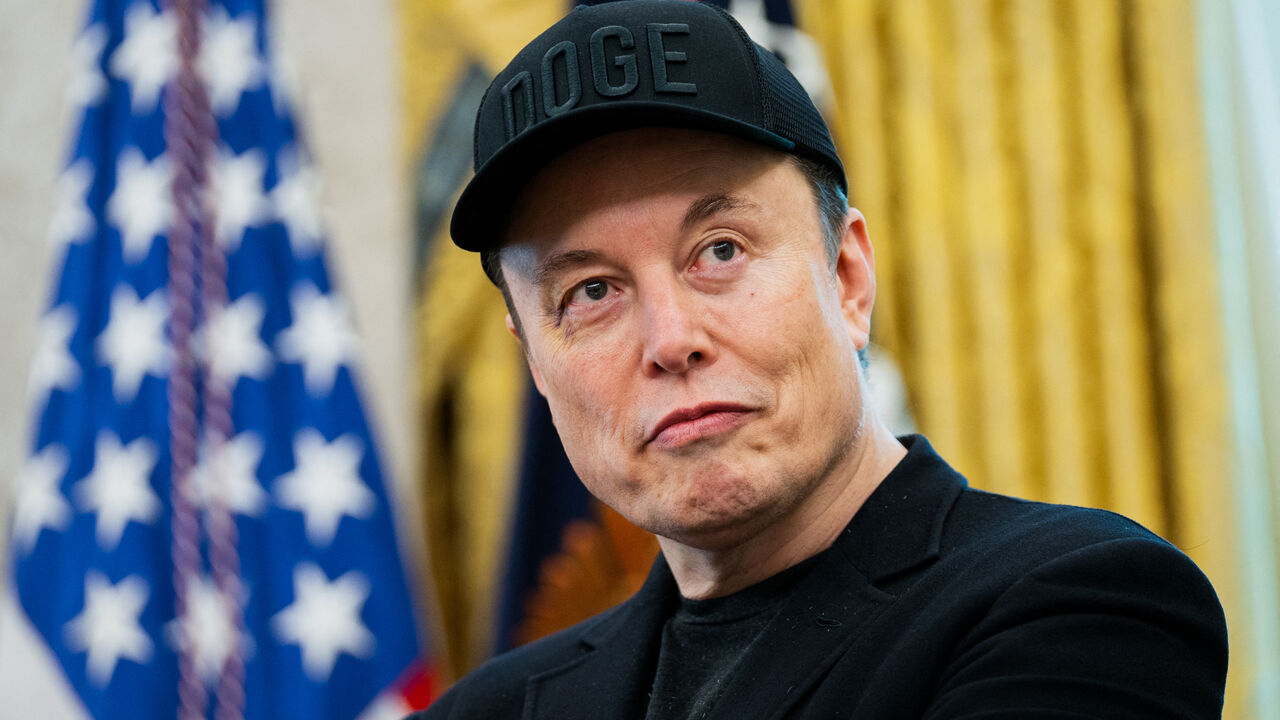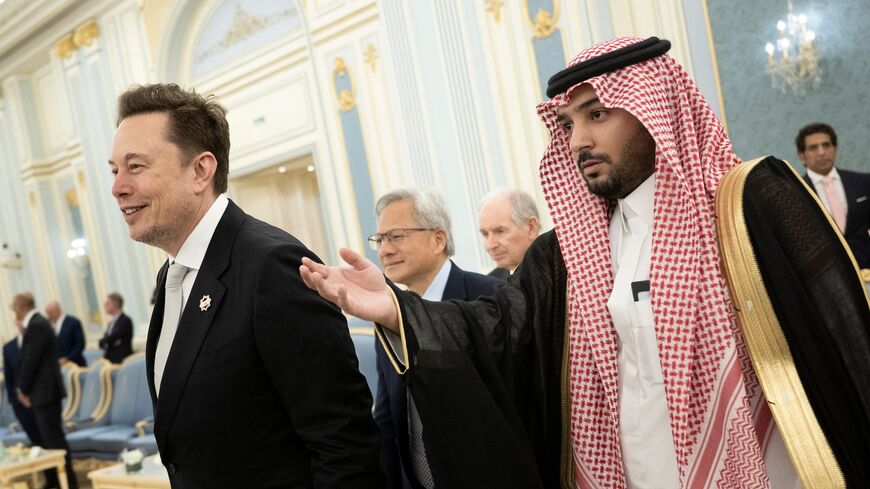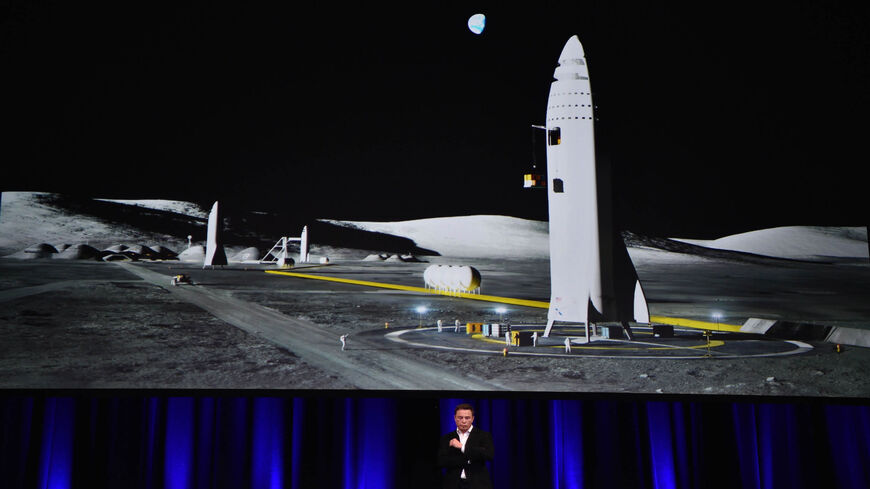Elon Musk calls Lebanon’s Aoun, signals plans to bring Starlink to Beirut
A senior Starlink official met with Joseph Aoun last month for ongoing talks on bringing the technology to Lebanon.

Lebanese President Joseph Aoun on Thursday held a phone call with billionaire businessman Elon Musk, during which the two discussed the possibility of the world’s wealthiest man entering Lebanon’s telecom and internet sectors.
What happened: A statement from the Lebanese presidency said that in their phone call, Musk “expressed his deep interest in Lebanon and its telecommunications and internet sectors.”
Musk also expressed his desire for his companies to “have a presence” in the country. President Aoun “welcomed” Musk's interest and affirmed that “all possible facilities would be provided within the framework of Lebanese laws,” according to the statement.
Musk is the founder of SpaceX, which operates Starlink, a satellite internet service providing connectivity via a constellation of low-Earth orbit satellites. Starlink says it serves around five million users across 125 countries.
At the end of their call, Aoun invited Musk to visit Beirut.
Background: On May 29, Aoun, along with Lebanon’s Telecommunications Minister Charles Hajj, hosted Starlink Global Licensing Director Sam Turner in Beirut. Lebanon’s official news agency, NNA, said that Turner “presented ongoing discussions to integrate Lebanon into Starlink’s network.”
Lebanon’s internet connectivity remains significantly below the global average. According to a May 2025 report by Ookla, a web service that provides internet access performance metrics, Lebanon ranked 79th in the world for mobile speeds and 142nd for fixed broadband speeds, which refers to high-speed internet access delivered through a physical, stationary connection, as opposed to mobile or wireless internet.
Several structural and financial factors hamper Lebanon’s internet progress. The state-owned operator Ogero holds a virtual monopoly over Lebanon’s fixed-line infrastructure, limiting competition. Internet issues are compounded by Lebanon’s ongoing fiscal crisis — with public debt exceeding 150% of GDP, a sovereign default in March 2020 and the 2024 Hezbollah-Israel war, investment in telecom infrastructure remains constrained.
Know more: Starlink is already operating in several Middle Eastern countries. Jordan approved Starlink’s licensing in early 2024, and the service went live in April 2025, while Oman’s Telecommunications Regulatory Authority approved Starlink nationwide in March, and the services became available in April.
In other parts of the region, Starlink is more controversial. In Iran, where Starlink has been declared illegal, an estimated 20,000 Starlink dishes have made their way into the country and are believed to be operating there. Turkey has yet to grant regulatory approval for Starlink, despite Musk’s offers to provide the country with Starlink services after the 2023 earthquake. Meanwhile, Yemen’s internationally recognized government in Aden officially licensed Starlink in late 2024, but Houthi authorities have warned against using the satellite service in areas they control.




